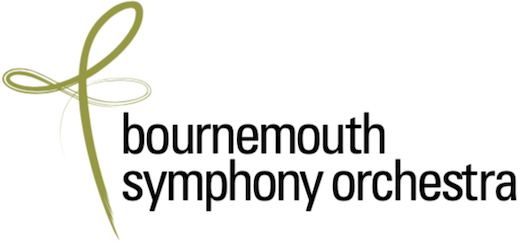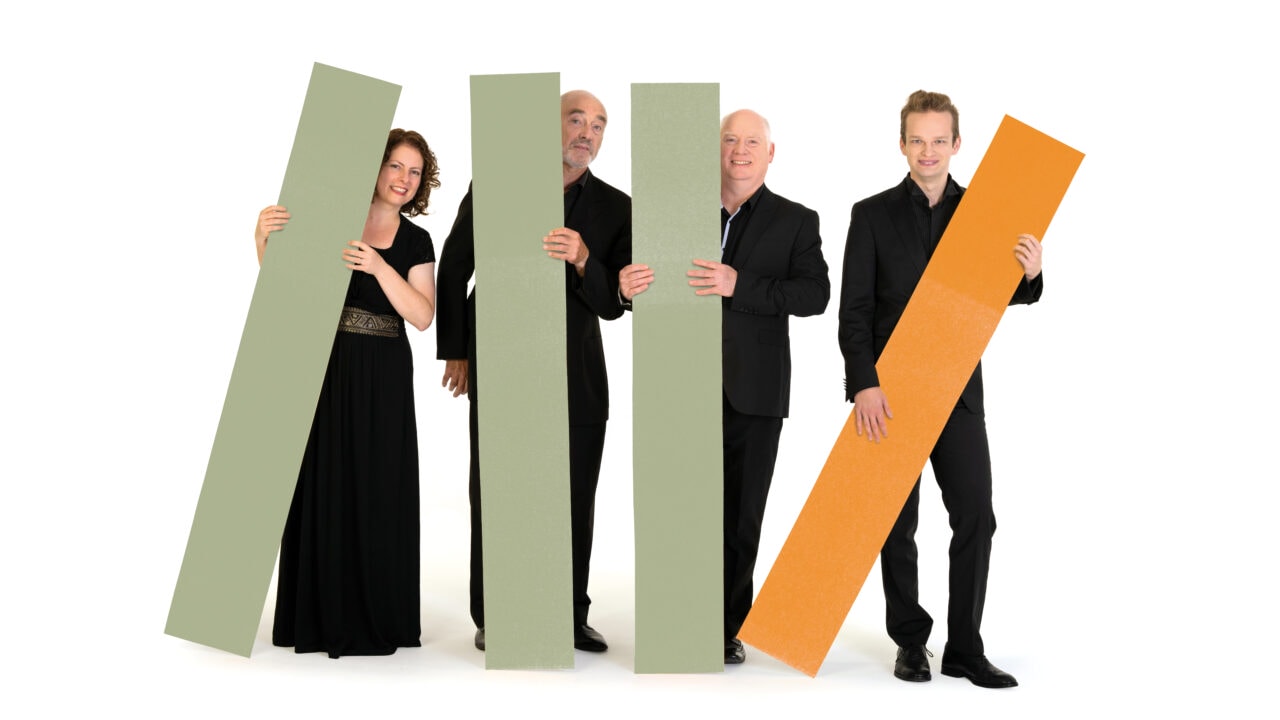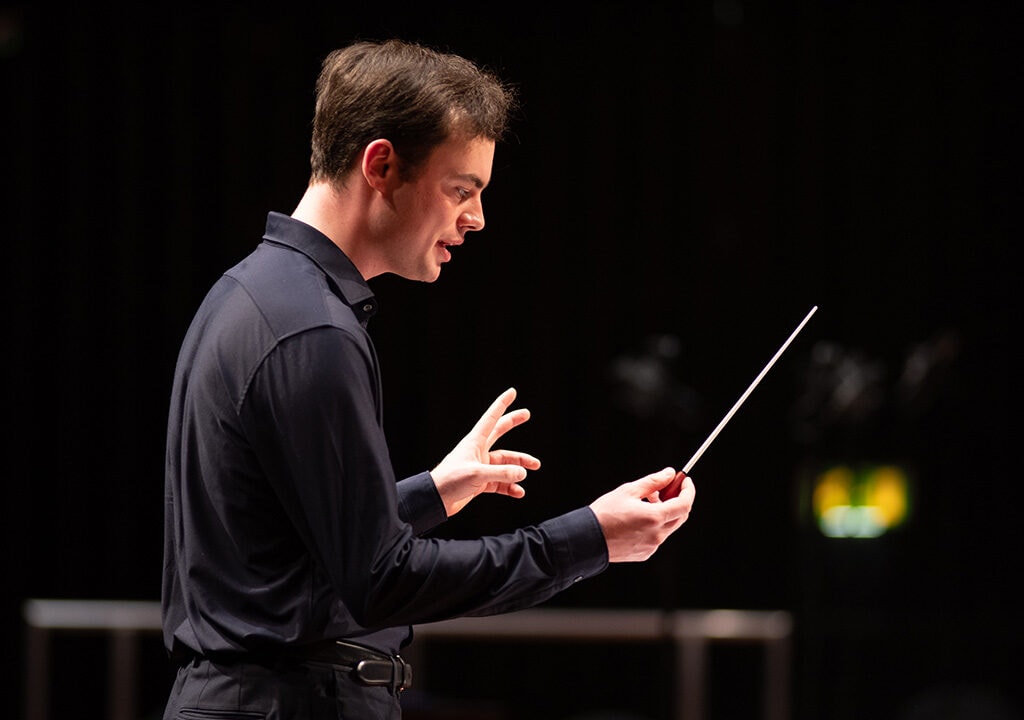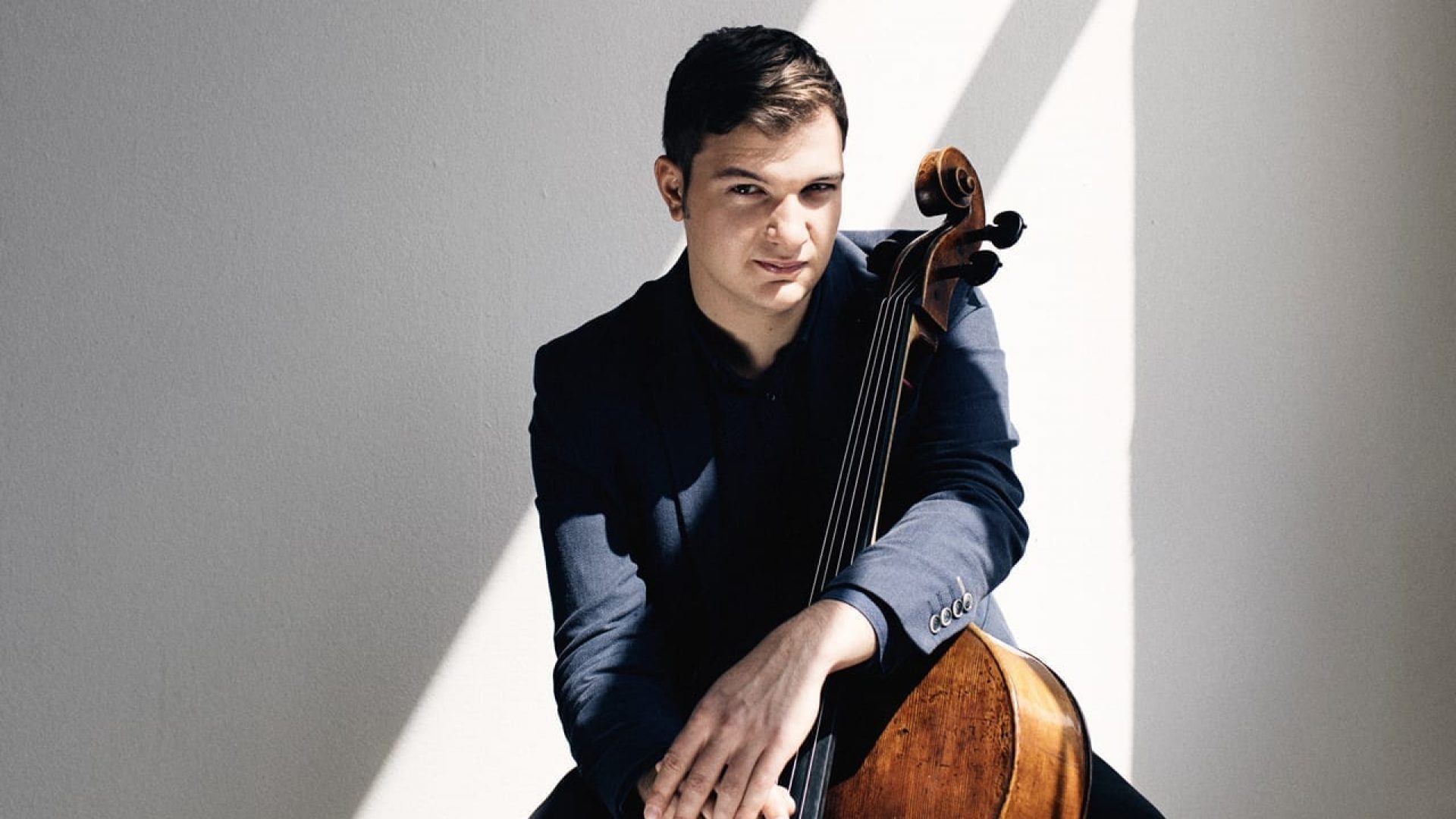Elgar’s concerto was first performed in Bournemouth just days after its premiere in London, such was Sir Dan’s desire to get the best of British music down to the south coast. Since that time the work has grown in popular stature with its powerful yet understated evocation of the English countryside and psyche. The music is private and poignant but it still remains a richly lyrical and noble work. It is written as two pairs of movements with the solo cello in full focus with its bold statements and heart-rending themes – the orchestra generally confined to a background colour wash.
Tchaikovsky approached his Fifth Symphony from a position of extreme self-doubt, fearing his muse was exhausted. “I am dreadfully anxious to prove not only to others, but also to myself, that I am not yet played out as a composer.” From its first note to last noble chord, it is filled with passionate self-questioning, exposing the soul of a deep and complex man.
Finlandia began life as a covert protest against the occupying Russian empire. Opening with dark, savage chords for trombones and horns, suggesting a giant force trying to rouse itself, the music awakens to energetic, purposeful activity and soon gives birth to a gravely beautiful hymn melody: an anthem for a free Finland.
Works and composers
Gallery






